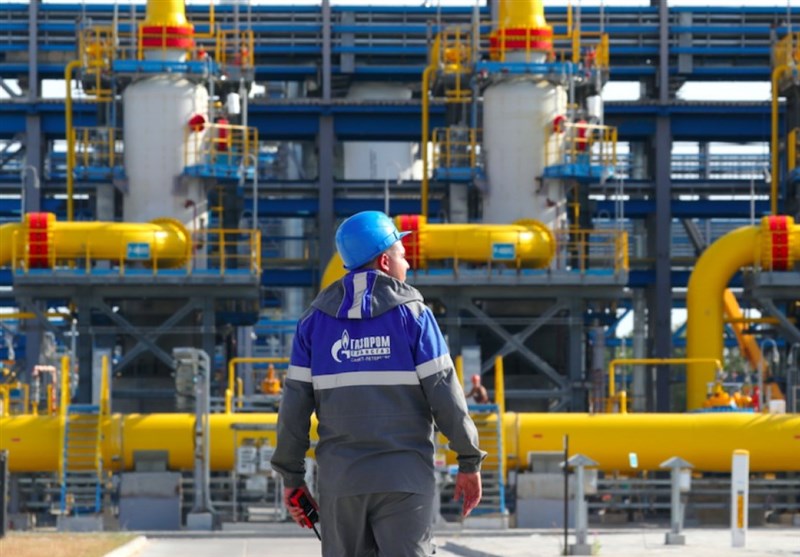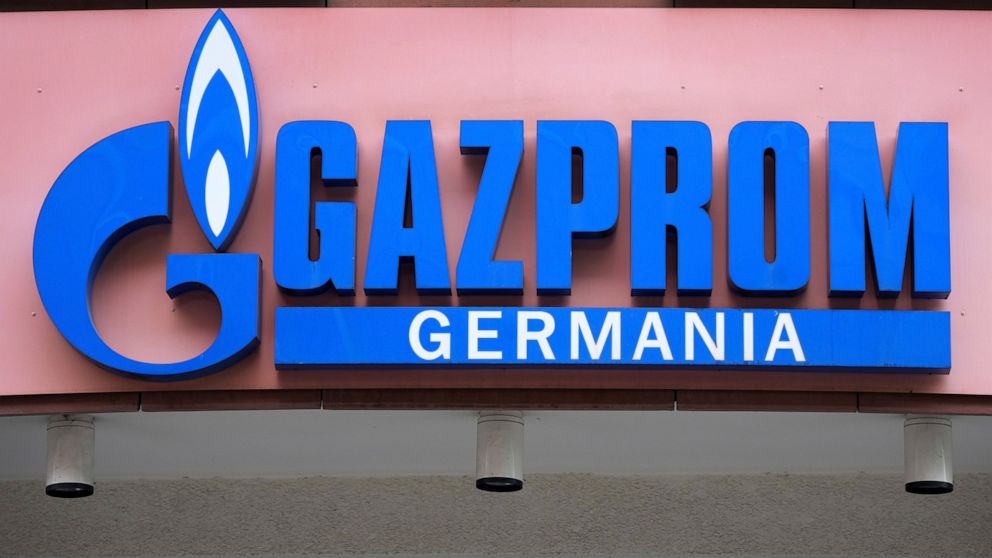Fear that Russia’s manipulation of natural gas supplies may trigger an economic and political catastrophe next winter or possibly sooner has European politicians and companies on edge. The largest economy in the EU, Germany, which primarily relies on gas from Moscow to power its industries and produce electricity, saw a reduction in gas supplies from Russia last week.

The key natural gas pipeline connecting Russia to Germany, known as Nord Stream 1, has seen a 60 percent reduction in deliveries from Russian state-owned energy company Gazprom. Italy’s supply has been slashed in half. Supply reductions have also occurred in Slovakia, Austria, and the Czech Republic.
In recent weeks, gas has also been cut off to Poland, Bulgaria, Denmark, Finland, France, and the Netherlands. Since Poland, for example, was already transitioning away from Russian gas by the end of the year and other countries had alternate supplies, such shutoffs were first thought to pose less of a problem.
However, large economies that consume a lot of Russian natural gas are hurt by the most recent cuts. Germany imports 40% of its gas from Italy and 35% of it from Russia. Gas supplies are sufficient at this time to meet demands.
Before the winter, Europe is rushing to replenish its subterranean gas reserves. Gas utilities follow a predictable pattern, building reserves in the summer when gas is likely to be cheaper, and then drawing them down in the winter when heating demand grows. The decreases will increase the cost and complexity of replenishing storage.
The decision has also made the possibility of a total Russian gas cutoff, which would prevent Europe from obtaining all the fuel it needs for the winter, more imminent. Several energy-intensive businesses, such the production of glass and steel, utilise natural gas, but are reducing their use due to rising costs, which is slowing the European economy.
Gas serves as the “swing” energy source for electricity generation, stepping in when renewable energy sources like wind and solar are less productive due to unpredictably weathered conditions and when electricity demand increases during periods of extreme cold or heat, like the heatwave that occurred last weekend and led to record highs in Europe.
The EU, which sourced around 40% of its gas from Russia prior to the war, has laid out plans to reduce imports by two-thirds by the end of the year and completely phase out Russian gas by 2027. The union has already said that it will stifle Russian oil and coal imports beginning in August.
In contrast to the increased deployment of renewable energy and conservation, there are initiatives to obtain more pipeline gas from Norway and Azerbaijan. Germany is bringing in four floating terminals, two of which should start functioning this year, replacing its lack of LNG import terminals.
The issue is driving nations back to fossil fuels despite a concentration on renewable energy. Despite plans to completely phase out coal by 2030, Germany is hurrying through legislation to reopen coal-fired power facilities as a temporary fix.
The actions taken by Gazprom have caused a dramatic increase in natural gas prices after they had declined during the winter heating season. As a result of providing political and military support to Ukraine, which is already under strain from Western economic sanctions, Russia earns more money at a time when Europe is already under duress.
